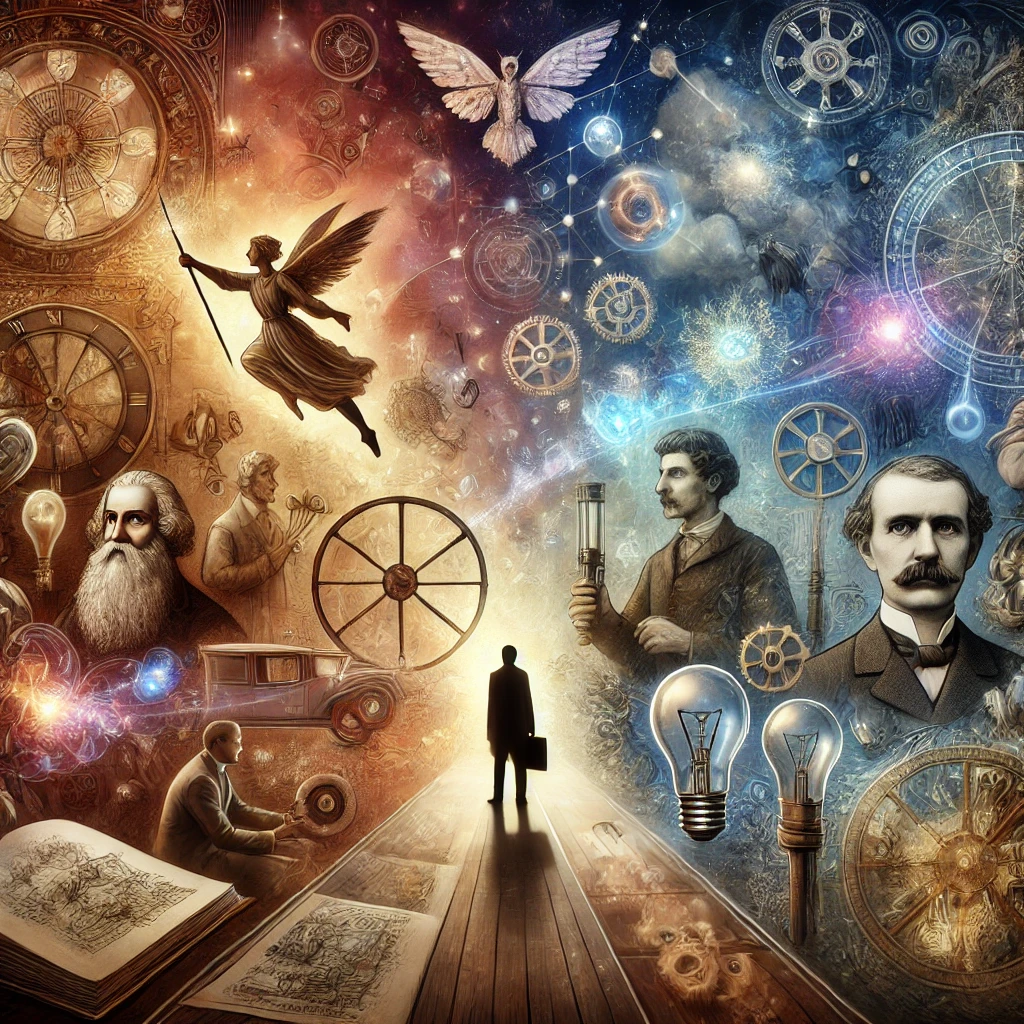“For the world is full of zanies and fools who don’t believe in sensible rules, and don’t believe what sensible people say,” wrote Rodgers & Hammerstein, in their lyrics to the 1964 movie Cinderella. “And because these daft and dewy-eyed dopes keep building up impossible hopes, impossible things are happening every day!”
While most of us are not concerned with turning pumpkins into carriages, our businesses and our lives could be transformed just as powerfully by thinking “impossible” thoughts.
Think about it: How can things ever change—how can business, science, or society innovate solutions to world dilemmas; how can our personal lives change trajectories—if we can only imagine what has been possible up to now? We might try to fix problems through automation, motivation, and process improvement. But ultimately, these efforts will stagnate until we change our mental models.
Everything in the world started with someone having a thought: Every chair, bicycle, refrigerator, washer and dryer, every kind of light, lamp, microscope, telescope, paper clip, pen, pencil, window, door, printing press, computer, printer, cell phone, etc., had to first be imagined by someone. Mostly, inventors and visionaries are laughed at because most people have a very difficult time imagining something new, something totally outside the box—something impossible.
Our perspectives—the lenses through which we perceive and understand the world—affect all that we see and do. Problems occur when those perspectives become rigid and function more like prison bars, keeping us locked in set mental models, routines, and behaviors. We are trapped inside the box, and sometimes it’s difficult to see a window or door. Finding the key to unlock the door can at times seem like an impossible challenge.
What would happen if we broke out of the prison of those perspectives? What new patterns and relationships would we notice? What new actions would we take?
“What we perceive as ‘the world’ is as much inside our heads as outside,” write Jerry Wind and Colin Crook, authors of The Power of Impossible Thinking. “By realizing this and making choices about how we see things, we can become much more effective.”
Thinking impossible thoughts is not just the realm of fairy godmothers or eccentric inventors like da Vinci, Galileo, Edison, and Ford. We can all zoom in or out of our previous mindsets with a little practice. Wind and Crook suggest a variety of ways to begin to see differently—before a crisis or failure of the old model has made it too late. Here are a few:
- Listen to the radicals. What wisdom and opportunities are hidden in the sometimes “bizarre” ideas of the radical thinkers around you?
- Embark on journeys of discovery. Where can you travel—mentally or physically—to gain fresh perspectives on your organization, your life, or your business?
- Look across disciplines. Often, “impossible” solutions develop at the intersection of several fields or departments. Crossing borders and moving into unfamiliar territory can help you see your situation from fresh perspectives.
- Question the routine. While routines create needed structure, they can sometimes lull us to sleep. Disrupting the routine, even in small ways, can help awaken new possibilities.
- Recognize the barriers. Becoming aware of the obstacles or fences that keep us from seeing new models is the first step to overcoming them.
- Practice flying upside down. Little sidebar: I have done this in a Pitz (a small, two-seater plane for aerobatics), and it freaked me out. All the other aerobatic maneuvers were fine—awesome, even—but that one had me screaming! Back to the topic now. Like commercial airline pilots, who are trained in how to react to unusual emergencies (such as flying upside down!), we can look for ways to prepare for outrageous scenarios.
Stay tuned for part 2, where we’ll talk about the Jamaican Bobsled team and how, in spite of impossible odds, they did it!
Like what you’re seeing?
Come back often for more content like this.
Have questions?
Email me at Teresa@TheHungryDragonCafe.com
Teresa Christian, Life Coach and Founder
TheHungryDragonCafe.com
